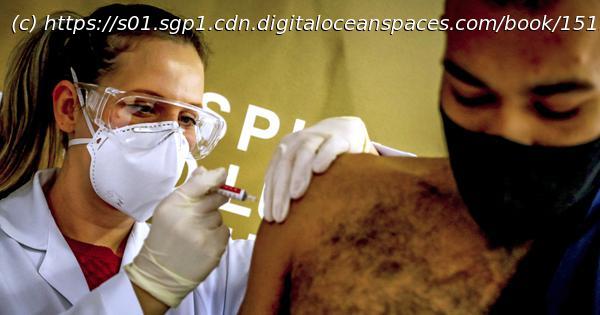Ths is a far better prospect than long-term illness or death.
In 2021, hundreds of millions of people will be vaccinated against SARS-CoV-2. The success of that Covid-19 vaccination campaign will heavily depend on public trust that the vaccines are not only effective, but also safe. To build that trust, the medical and scientific communities have a responsibility to engage in difficult discussions with the public about the significant fraction of people who will experience temporary side effects from these vaccines. I am an immunologist who studies the fundamentals of immune responses to vaccination, so part of that responsibility falls on me. Simply put, receiving these vaccines will likely make a whole lot of people feel crappy for a few days. That is probably a good thing, and it is a far better prospect than long-term illness or death. In 1989, immunologist Charles Janeway published an article summarising the state of the field of immunology. Until that point, immunologists had accepted that immune responses were initiated when encountering something foreign – bacteria, viruses, and parasites – that was “non-self”. Janeway suspected that there was more to the story, and famously laid out what he referred to as “the immunologist’s dirty little secret”: Your immune system does not just respond just to foreign things. It responds to foreign things that it perceives to be dangerous. Now,30 years later, immunologists know that your immune system uses a complex set of sensors to understand not only whether or not something is foreign, but also what kind of threat, if any, a microbe might pose. It can tell the difference between viruses – like SARS-CoV-2 – and parasites, like tapeworms, and activate specialized arms of your immune system to deal with those specific threats accordingly. It can even monitor the level of tissue damage caused by an invader and ramp up your immune response to match. Sensing the type of threat posed by a microbe, and the level of intensity of that threat, allows your immune system to select the right set of responses, wield them precisely, and avoid the very real danger of immune overreaction. Vaccines work by introducing a safe version of a pathogen to a patient’s immune system. Your immune system remembers its past encounters and responds more efficiently if it sees the same pathogen again. However, it generates memory only if the vaccine packs enough danger signals to kick off a solid immune response.
Start
United States
USA — Criminal Covid-19 vaccines will have side effects. Here’s why you should not worry...






